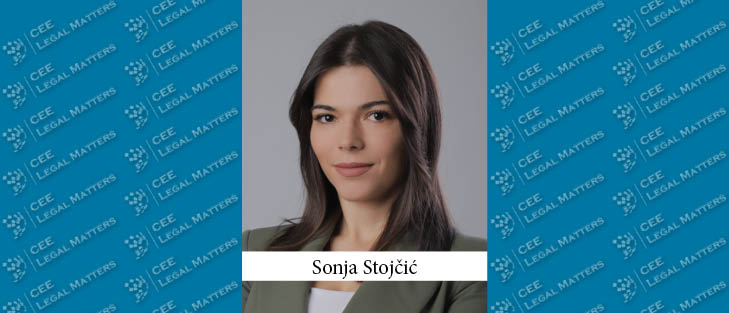Evo Legal Founder Arina Stivrina has joined Walless’ Latvia team as an Associate Partner.
Albania’s Privacy Reform: Exploring Key Proposals in the Draft Data Protection Law
The long-anticipated initiative to establish a new legal framework for personal data protection in Albania is finally moving forward, as the Council of Ministers has approved a draft law that aligns closely with the European Union’s General Data Protection Regulation (GDPR). This proposed legislation promises to bring significance in this important but frequently underappreciated legal domain. With its comprehensive approach and alignment with EU standards, the new law aims to greatly improve privacy protection in the national context.
Advertising Law in the Age of Influencer Marketing
Neither Polish nor European legislation explicitly specifies how an influencer should publish their content on social media, and what they should avoid in order not to run the risk of violating Polish consumer protection rules.
The Impact of Artificial Intelligence on Personal Data Protection: Challenges and Opportunities
The advancement of technologies, particularly artificial intelligence (AI), inevitably affects our daily lives and raises important questions regarding privacy protection. This article explores the key aspects of the relations between artificial intelligence and personal data protection, with a particular focus on the European Regulation on Artificial Intelligence (AI Act) in relation to the General Data Protection Regulation (GDPR), as well as the legislation of Serbia.
Can Legitimate Interest Be Based on Purely Commercial Interests of the Data Controller? The CJEU Confirms That It Can
The Court of Justice of the European Union (“CJEU”) has recently rendered a significant judgement regarding the interpretation of legitimate interest as a legal basis for personal data processing. Deciding on a case involving the fine imposed by the Dutch data protection authority (“AP”) on the Royal Dutch Tennis Association (“KNLTB”) for sharing its members’ personal data for commercial purposes, the CJEU confirmed that legitimate interest can cover purely commercial interests. This decision is important for both EU member states and Serbia, where there is still no clear practice or opinion from the competent authorities on the lawful application of data processing based on legitimate interest.
Artificial Intelligence Systems and the GDPR from a Data Protection Perspective
The General Secretariat of the Belgian data protection authority has published an informational booklet outlining the relationship between the EU General Data Protection Regulation and the Artificial Intelligence Regulation, which came into force on 1 August 2024. The authority’s aim with the informational booklet is to provide insights into the application of data protection requirements during the development and deployment of artificial intelligence systems. Data protection requirements and legal standards are key to ensure that artificial intelligence systems operate ethically, responsibly and lawfully.
What Should Employers Expect from the EU AI Act?
AI is increasingly revolutionizing the way businesses handle recruitment, hiring, management and employee monitoring etc. AI solutions are already adept at personalizing employee experiences, such as benefits and training, streamlining HR processes throughout the employment lifecycle, boosting efficiency and significantly reducing administrative burdens. Additionally, AI provides critical workforce insights, facilitating data-driven decision-making and management. However, these advancements also bring potential risks related to discrimination, protection of privacy, and other fundamental rights that employers must carefully manage.






















